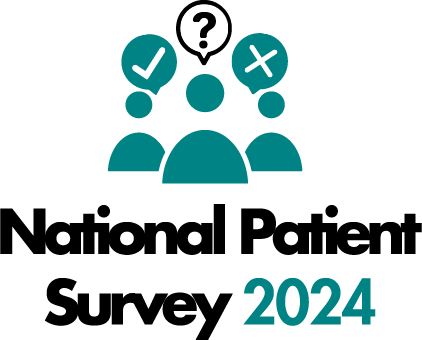 Our National Patient Survey 2024 report is now live. Thank you to all those that shared their experiences. Read our report here.
Our National Patient Survey 2024 report is now live. Thank you to all those that shared their experiences. Read our report here.World first as mitochondrial donation regulations come into force
Today the UK becomes the first country to license ground breaking mitochondrial donation techniques which will allow women who carry the risk of serious mitochondrial disease to avoid passing it onto their children.
Since Parliament approved the introduction of the regulations in February, we have been developing a licensing regime that will allow clinics to apply to use the techniques of pronuclear transfer (PNT) and maternal spindle transfer (MST). Any clinic that applies to perform these techniques will have to provide clear evidence that they have both the staff with the experience to perform them and the equipment to do so. Consideration will also be given to the clinic’s plans for follow-up of the children born, so that together we can ensure that patients receiving these new treatments get the best possible care. Each application will be considered on a case-by-case basis, during which the potential patient’s specific circumstances will be taken into account.
HFEA Chair Sally Cheshire welcomed the launch of the new regulations:
“This is an historic moment for the UK as we can now give women with serious mitochondrial disease the chance to have their own healthy genetic children for the first time.
We have worked very hard to develop a licensing system that is rigorous and safe for patients whilst also being fair for the clinics providing treatment. Patients are always at the centre of everything we do and the families affected by the often devastating symptoms of mitochondrial disease are no different. Our licensing process makes sure each application is considered on a case by case basis to take into account the ethical and technical complexities of these treatments to ensure that any children born have the best chance of a healthy life.
Our goal remains that everyone affected by assisted reproduction receives the highest quality care and support possible.”
Applications from clinics to carry out these treatments can’t be processed until the independent expert panel that we will convene and our Board are satisfied with the outcomes of the three outstanding safety and efficacy tests, as outlined by the independent expert panel.
Publication date: 13 April 2017
Review date: 13 April 2019

